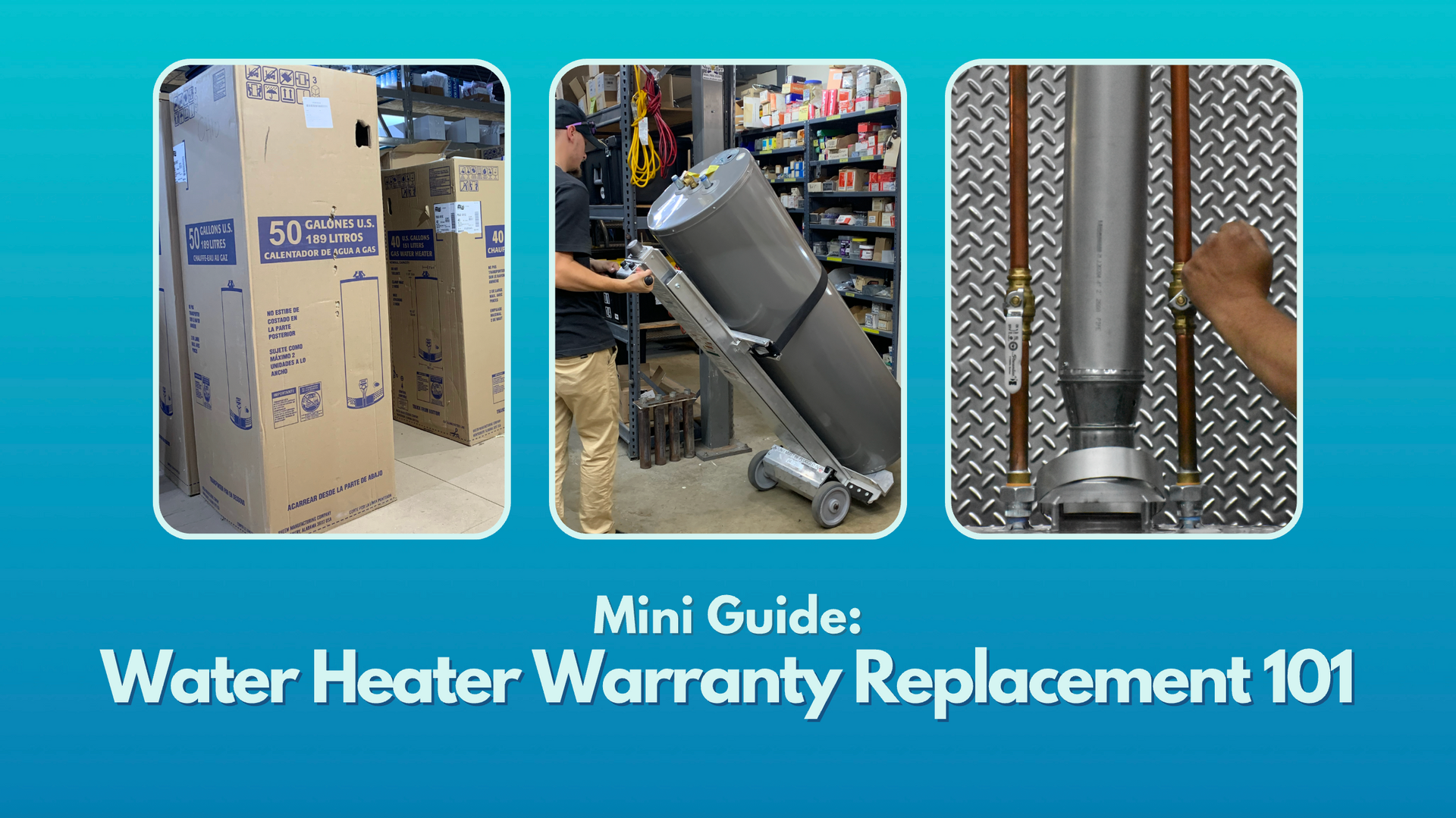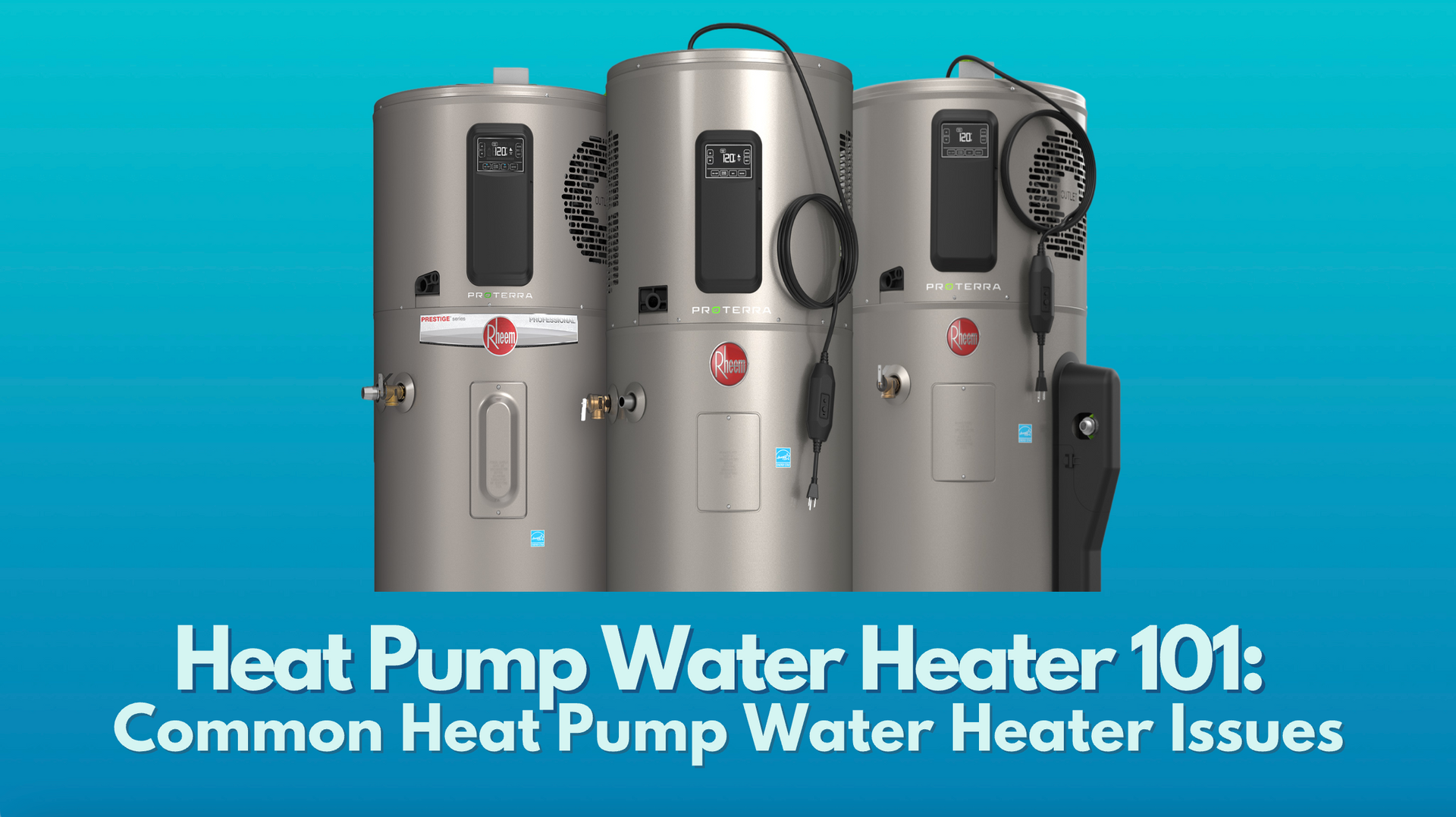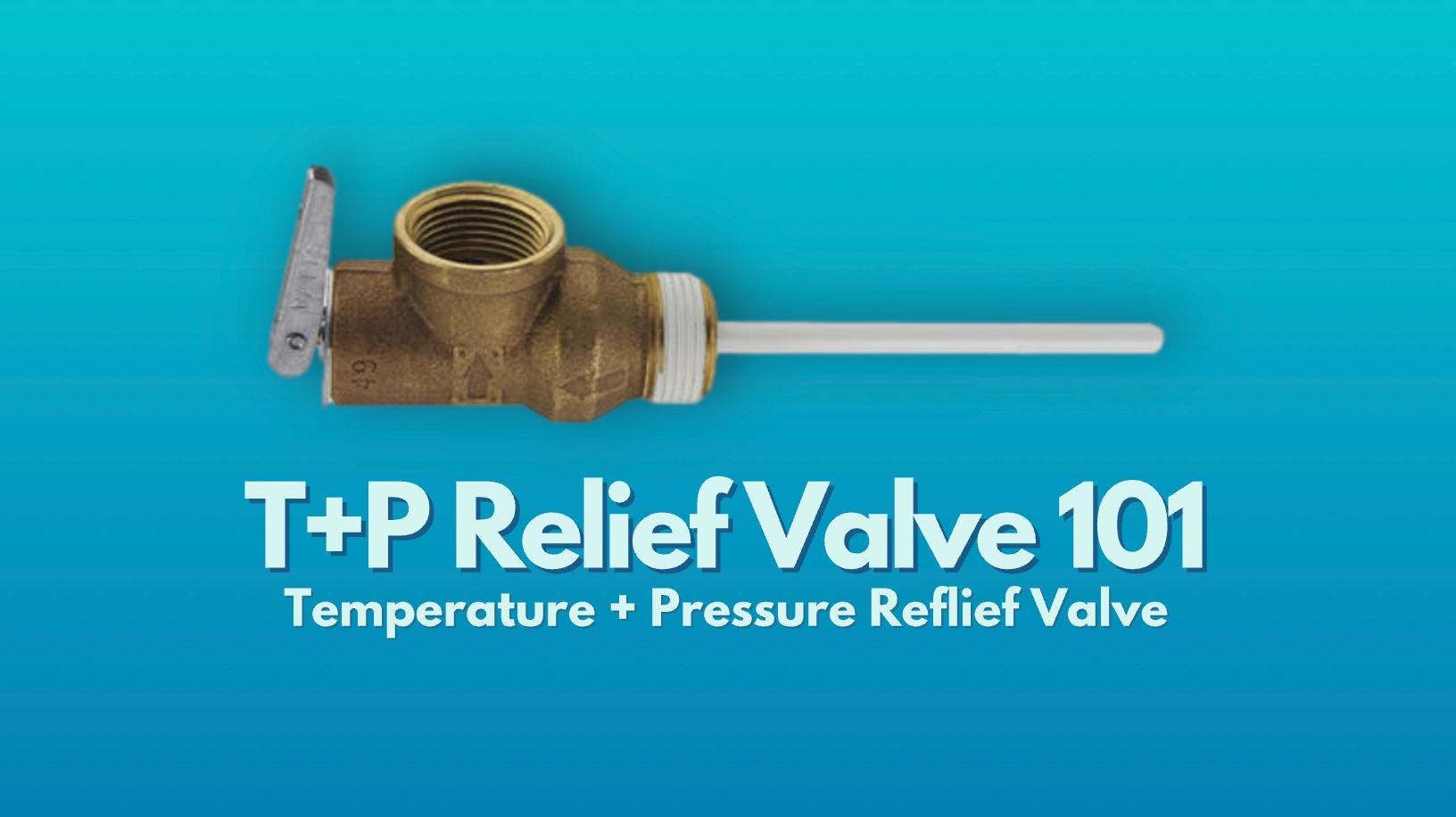Water Quality: Do I Have Hard Water?
How to Know If You Have Hard Water
Water contains minerals. However, water in certain areas contains more minerals than the rest. Typically, groundwater and water that travels through limestone tends to be harder than water from other sources. Since water quality varies greatly throughout the country, many people don't know the quality of the water entering their home. We explain how to determine the water quality in your home.
What Is Hard Water?
Hard water is water with high mineral concentration. The most common minerals found in water are magnesium, calcium, and potassium.
Water is categorized into one of four
hardness categories
based on mineral content:
- Soft - < 17 mg/L
- Slightly hard - 17.1 - 60 mg/L
- Moderately hard - 60 - 120 mg/L
- Hard - 120 - 180 mg/L
- Very hard - 180+ mg/L
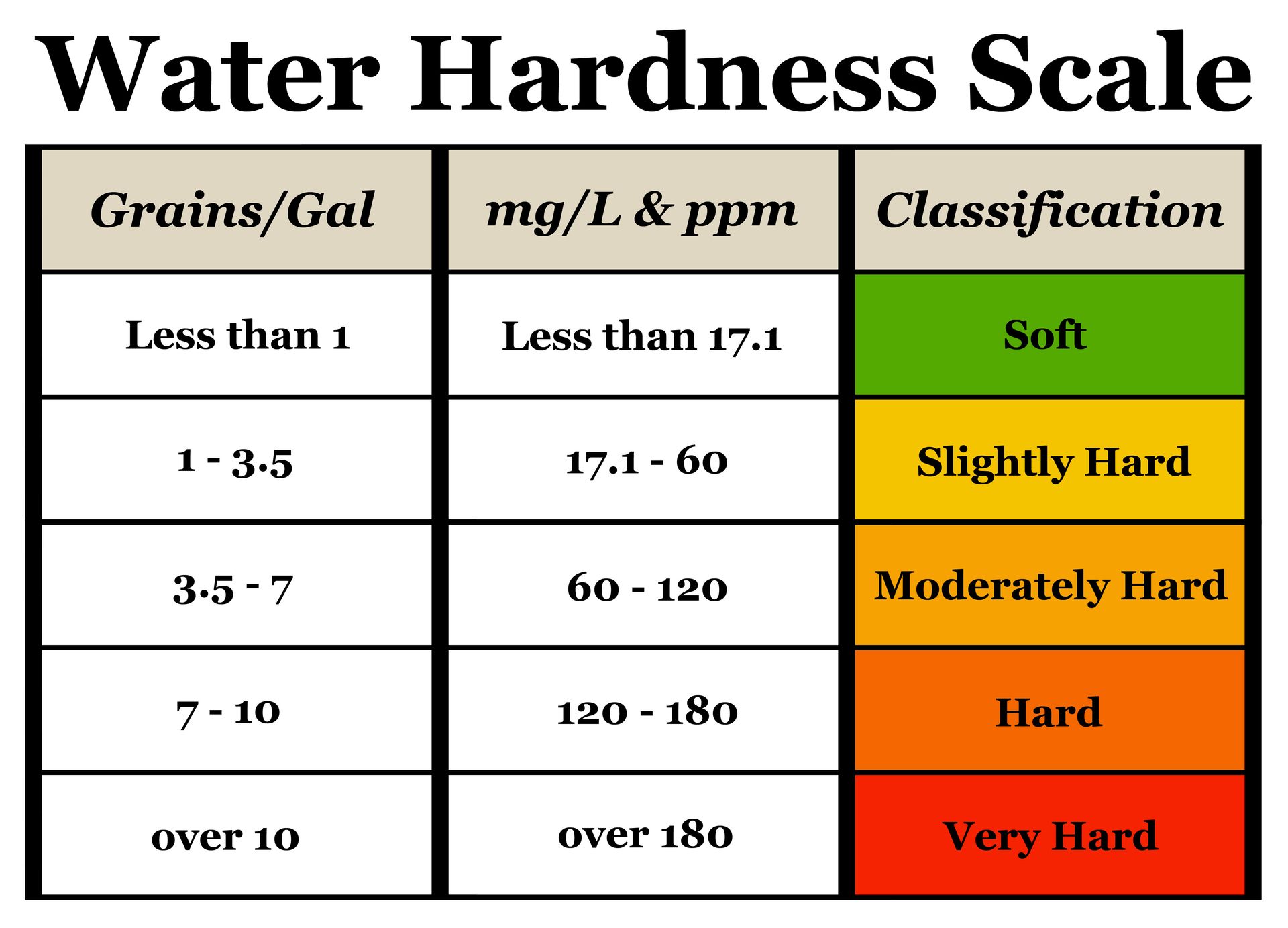
How Does Hard Water Impact My Plumbing System?
Hard water won’t impact your plumbing system right away. However, it will create a problem over time in your water heater and your pipes.
Hard water may not be able to carry the minerals once it heats up, meaning the minerals get left behind. These minerals accumulate until they develop into sediment buildup that can create blockage in your plumbing system. The blockage can then go on to cause high pressure, which can weaken the integrity of the water heater tank and piping material.
Read our blog
How Hard Water Affects Your Water Heater to learn more.
It’s important to note that while hard water may damage plumbing and appliances, it won’t create any health concerns. Many people prefer the taste of soft water to hard water but hard water is not dangerous in any way.
How Do I Know If I Have Hard Water?
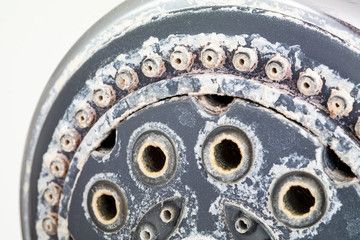
Hard water can be difficult to distinguish from soft water. Since you won’t necessarily be able to tell the difference just by looking at it, you should know some of the signs of hard water so you can identify it before it causes plumbing issues.
- Soap scum after rinsing
- Water spots
- Sediment stains
- Mineral-heavy taste
For the most accurate results, you may want to get your water tested.
How to Test For Hard Water
You have two options when you want to test the hardness of your home’s water: recruit professional water testing services or test the water yourself using an at-home test.
We highly recommend getting professional water quality testing instead of testing the water yourself.
Homeowners do, however, have the option to test the water themselves. You can find water quality tests online or at your local hardware store.
Follow the instructions of the test carefully. Generally speaking, you will place a strip into a glass of water for a specific amount of time then read the results. In most cases, you will use cold water. You can test both the cold and hot water to determine if there is a difference.
If you test the water yourself, we recommend testing it twice to ensure you can duplicate the results of the first test.
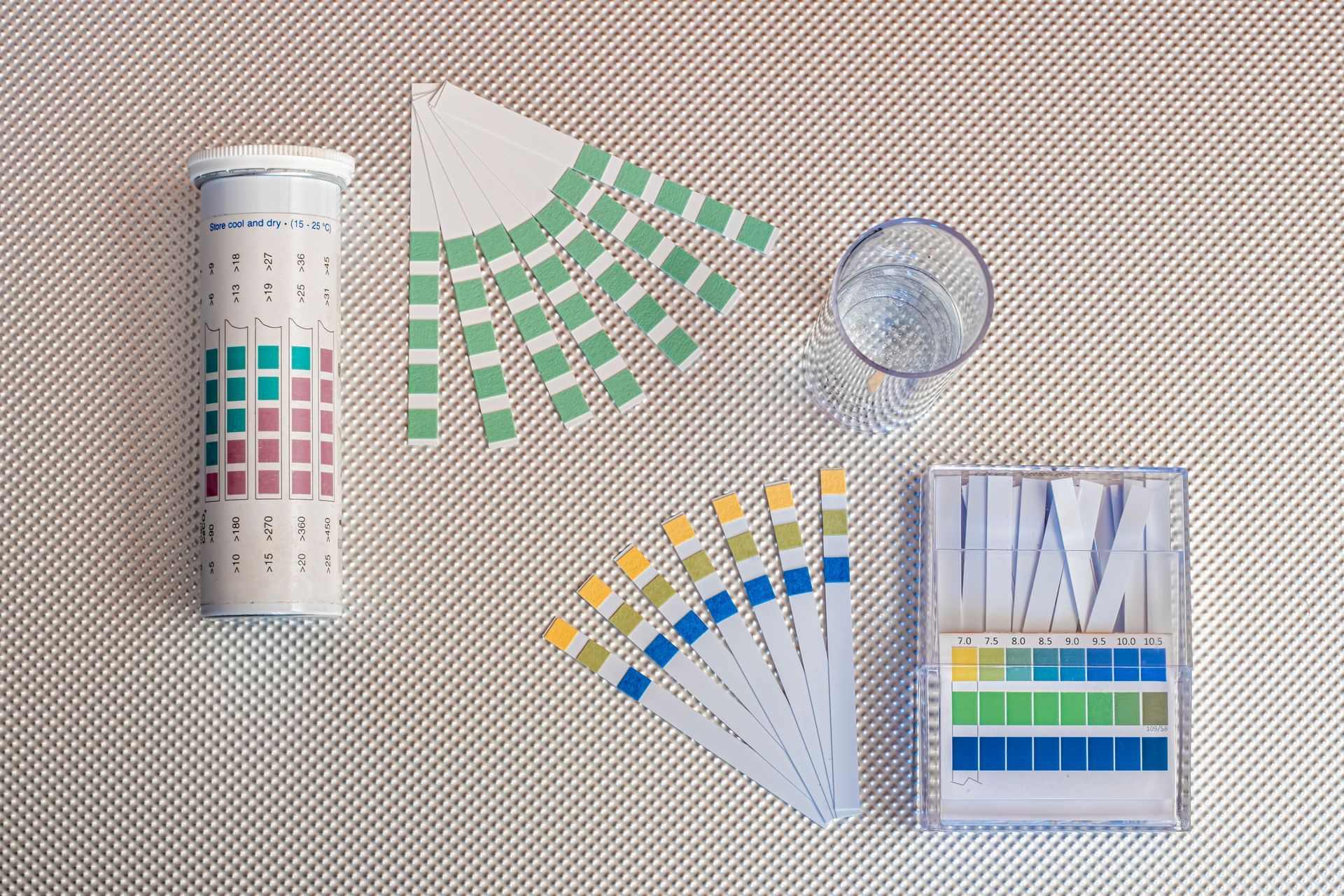
I Have Hard Water - Now What?
Homeowners have the option of installing a water softener at the main water supply to soften the water. However, most whole-home water softeners require a substantial upfront investment which may not make economic sense for short-term residents.
Additionally, home owners can get regular plumbing maintenance and water heater maintenance to flush the system, removing mineral deposits from inside the water heater and the pipes. All homes should get water heater maintenance roughly once a year. Households with hard water should get the service more often.
Testing For Water Pollutants
Most tests will detect hard water minerals as well as potential pollutants, including (but not limited to):
- Chlorine
- Lead
- Fluoride
- Iron
- Copper
- Nitrate
- Cyanuric acid
- Bacteria
While hard water isn’t toxic, the pollutants above can create a health hazard. You will need to identify the source of the problem, such as old piping material, and resolve it or get a whole-home water filtration system.
Water PH Balance
Many tests will allow you to test for other aspects of your water quality, such as the ph balance. The ph balance determines how basic or acidic your home’s water is.
The
ideal ph balance of drinking water is 7, and the EPA suggests only drinking water with a ph balance between 6.5 - 8.5. The lower the ph balance, the more acidic the water. The higher the ph balance, the more alkaline the water.
Read your water quality test carefully to get a full sense of what information you will get from it.
Conclusion
If you have hard water, sediment buildup is inevitable. You will need regular water heater preventative maintenance to remove the mineral deposits from the inside of your water heater, allowing your water heater to operate at full capacity for as long as possible.
Contact U.S. Water Heating Solutions to schedule a water heater preventative maintenance appointment today.




